Leadership
David Barrett, PhD
Division Head & President, Mitobridge, An Astellas Company, President, Nanna Therapeutics, An Astellas Company
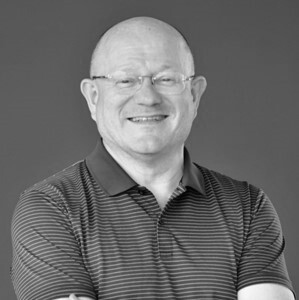
Selva Nataraja, PhD
Site Head, Mitobridge
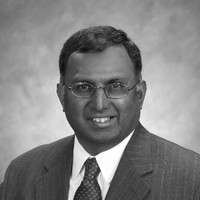
Olivier van Till, MD, PhD, PharmMed
Head of Translational Medicine
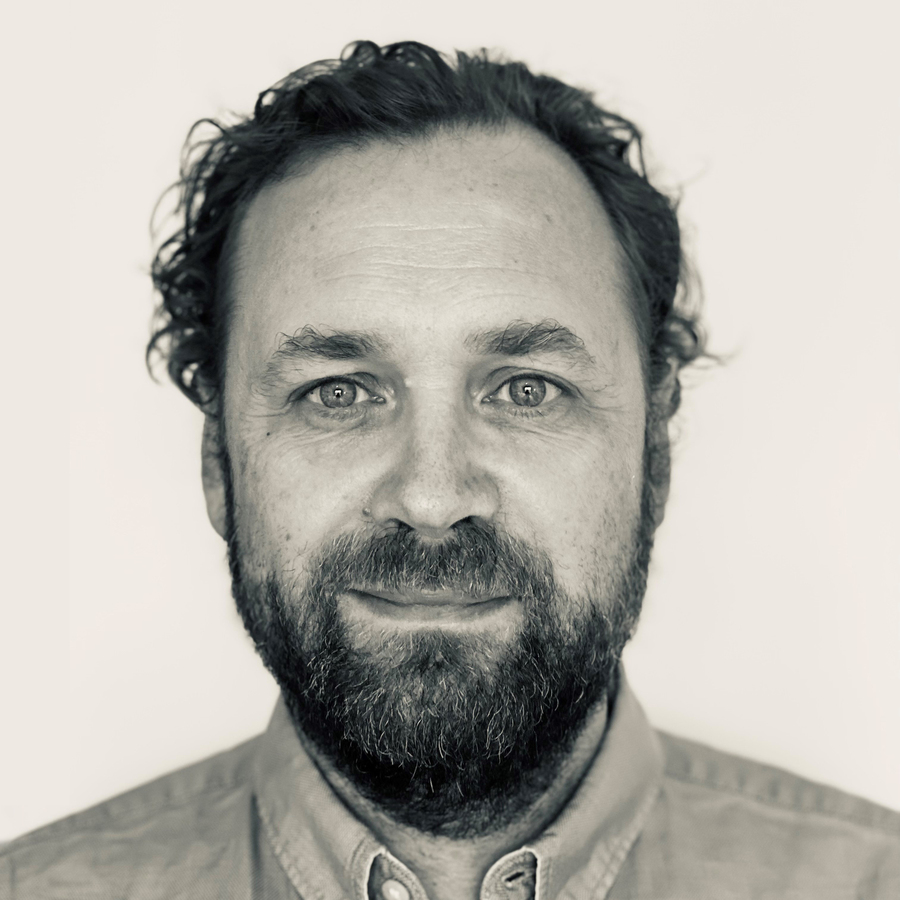
Daniel Hoeppner, PhD
Director, Target ID and Business Development

Dr. Hoeppner (Director, Mitobridge) is Head of Target Identification and Business Development. He manages the Exploratory Biology team aimed at populating the early pipeline. Prior to Mitobridge, he managed computational and bench scientists focused on CNS diseases at the Astellas Research Institute of America (La Jolla, CA). He enjoys finding new opportunities for collaboration both throughout the company, in the local community, and around the world. He was awarded the 2019 We Work For Health (WWFH) Champion award by PhRMA for work on legislative engagement with the pharmaceutical industry. Before joining Astellas, Dr. Hoeppner was an investigator at the Lieber Institute for Brain Development (Johns Hopkins, Baltimore MD), a Staff Scientist at the NIH-NINDS (Bethesda MD), and a graduate student of genetics at Cold Spring Harbor Laboratory (Long Island, NY). Fun fact: Dan was a piano major in college and enjoys making music at any opportunity
Bridget Puffer, PhD
Director, Scientific Programs
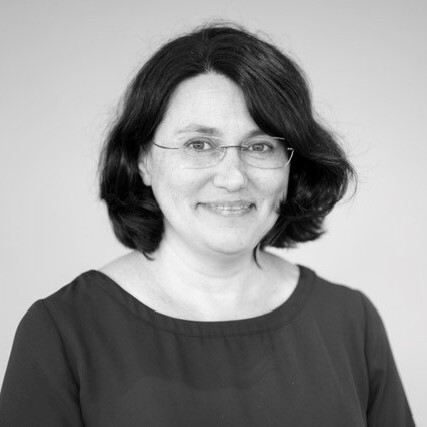
Jeffrey Ciavarri, PhD
Director, Medicinal Chemistry

Scientific Advisors
Johan Auwerx, MD, PhD
Scientific Founder
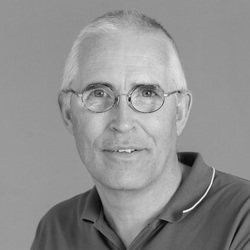
Andrew Dillin, PhD
Scientific Founder
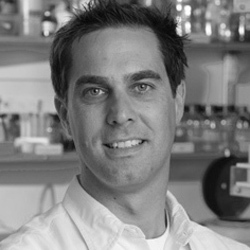
Ron Evans, PhD
Scientific Founder

H. Robert Horvitz, PhD
Scientific Founder
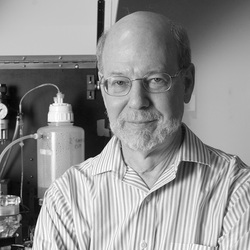
Jodi Nunnari, PhD
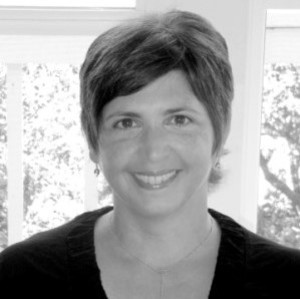
Mason Freeman, MD
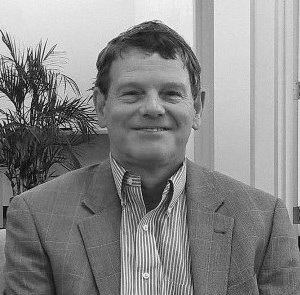
Mason W. Freeman, MD is Professor of Medicine at Harvard Medical School and serves as Chief of the Lipid Metabolism Unit and Director of Translational Medicine at Massachusetts General Hospital (MGH). Trained in internal medicine and endocrinology, Dr. Freeman has spent twenty years studying the trafficking of cholesterol into and out of macrophages. From 2005-2007, while on a leave of absence from MGH/Harvard, he served as a head of the Novartis Translational Medicine program for Cardiovascular and Metabolic Diseases as well as the company’s Global Head of Biomarker Development. Dr. Freeman is a Venture Partner at 5 AM Ventures, an early-stage life science venture firm, and in that role he has served as a consultant to multiple life science startup companies. He has contributed to the creation of over 29 companies since 2007, serving on the board of Envoy Therapeutics, a neuroscience company acquired by Takeda in 2012, as well as playing a key medical advisor role at Relypsa, which developed the first chronic oral therapy for hyperkalemia. Dr. Freeman is the editor of the Adult Primary Care lipid section of a leading medical textbook, UpToDate. He graduated from Harvard and received his MD at the University of California, San Francisco. He served as an intern, resident, endocrinology fellow, and Chief Resident in Medicine in the Department of Medicine at MGH. He trained as a post-doctoral research fellow in the Biology Department at MIT where he cloned the first macrophage scavenger receptor to be molecularly identified.











